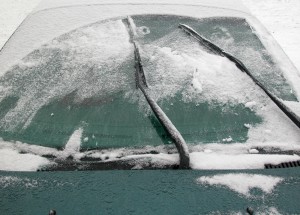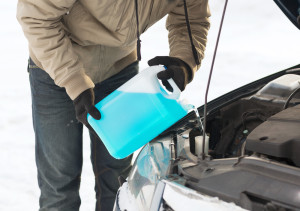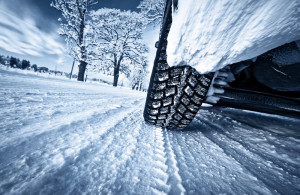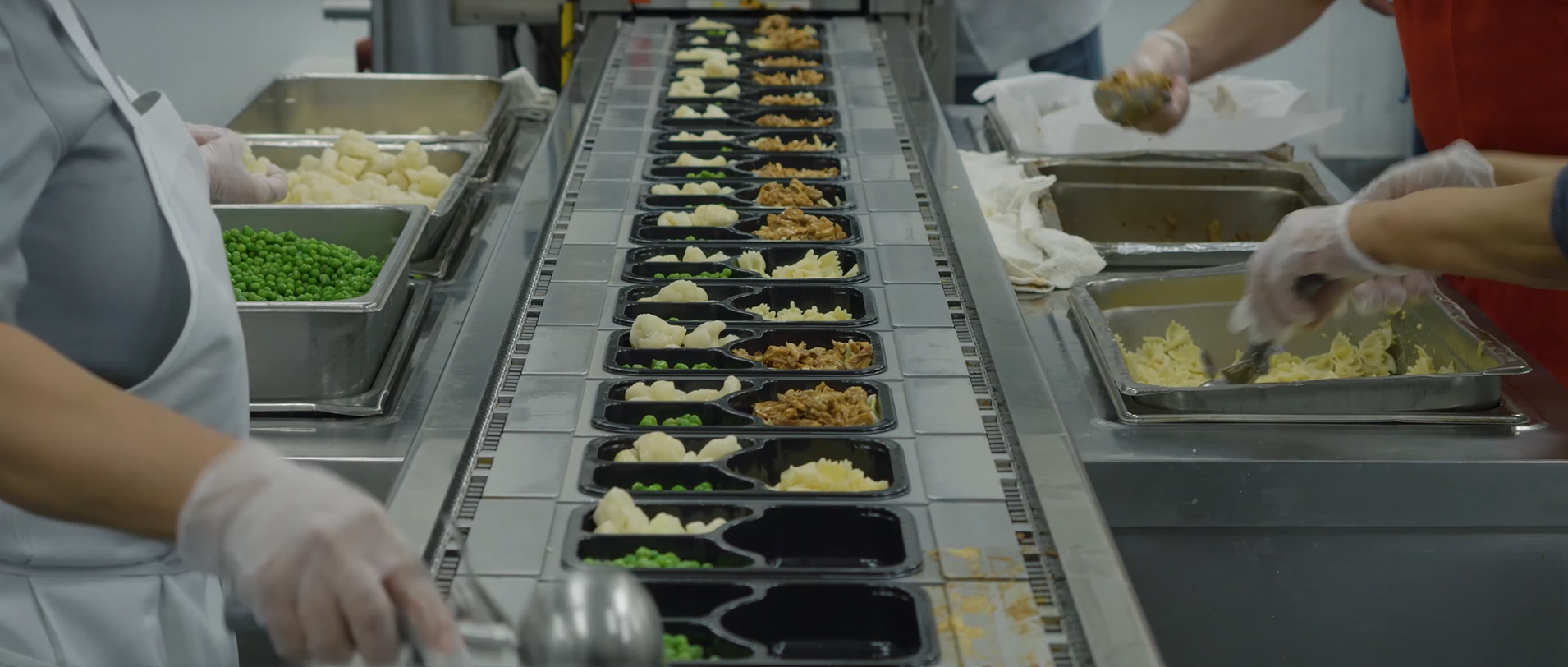Winter is coming! Is your car prepared?
Winter is right around the corner, which means snow, ice storms, and black ice are on the way. These menacing winter conditions can be extremely hazardous while driving on the road. To help you stay safe while traveling this winter, we teamed up with Sina Auto Sales’s chief mechanic, Chuck Schaum, to gather tips on how to properly prepare your car for winter. Check out which tips he said were most important below! Check out our Car Maintenance Tips for a full guide on oil changes, engine belts, brakes, and more.
Replace windshield wipers –

Check your wiper blades for cracks, splits, and/or deterioration. If your wiper blades appear to be in poor condition they should be replaced. It’s suggested that you replace your windshield wipers every six to 12 months.
TIP- Clear out any snow above and below your windshield wipers to prevent damage.
Check defrosting and heating units- To prevent your windows from fogging up this winter, it’s important to make sure your defrosters are working properly. If they appear to not be working, have your car checked for air leaks around the doors and windows; this could be causing the problem.
Check belts and hoses- Inspect your belts and hoses for snaps, rips, cracks, and frays. Since cold temperatures can weaken belts and hoses, it’s important to make sure they are in good condition, and to replace any that are breaking, before hitting the road.
If your heater isn’t working, you may have a faulty heater coil. Although heater coils are expensive to replace, it will be worth it to be warm and comfortable while on the road.
Check your battery- Check the battery cables and clamps for fraying or corrosion, in addition to checking your battery charge. You can also check your battery fluid by removing the caps located on top. If it’s low, top it off with distilled water only.
Check antifreeze-

To prevent your engine from freezing in the winter, it’s important to keep equal parts antifreeze and water in your radiator. The ratio should be 50:50 to keep fluids from freezing at temperatures as low as -34 degrees Fahrenheit. You can buy this mixture pre-measured and mixed in bottles at your local auto retailer.
Check oil and oil viscosity– Every 3,000 to 5,000 miles it’s important to get an oil change to keep your car running properly. Since cold temperatures cause oil to thicken, it’s important to make sure your oil viscosity is checked as well. Filling your engine with an oil of a lower viscosity can typically solve this problem. If you’re unsure about the type of oil to use, refer to your owner’s manual for the ideal choice.
Check your lights- To ensure you have the best visibility possible while on the road, check your lights to make sure they are aiming straight ahead and working properly.
Check your tire pressure and tire tread-

Check the air pressure on each of your tires before hitting the roads this winter. Deflated tires significantly decrease traction, increasing the likelihood of sliding on icy patches. A tire gauge can be used to check tire pressure, and air can be found at your local gas station if needed. Your owner’s manual should list the suggested pounds per square inch of air your tires should need.
It’s just as important to check your tire tread. Before it starts to snow, check if your tires look worn down. If they do, replace them or upgrade them to a higher tread tire depending on the weather conditions in your area. To learn how to choose the right tries for your car, click here.
Cars with all-wheel drive– If you have an all-wheel drive vehicle, it’s important to make sure all your tires are equally inflated and have the same amount of tire tread. Otherwise your all-wheel drive system will not work properly and could potentially break down in your time of need.
Prepare an emergency kit- Before hitting the road this winter, it’s important to prepare a kit to keep in your car in case on an emergency. Here are a few items Charles suggests you should include:
- Blanket
- Extra boots and gloves
- Extra set of warm clothes
- Bottled water and food
- Ice scraper
- Flashlight
- Fares
- Jumper cables
- Tool kit
- Tire gauge
- Spare tire with air in it
- First-aid kit
- Sand, salt, or non-clumping kitty litter, which can provide additional traction if a tire gets stuck in snow.
Need to make car repairs before the winter season hits, but short on funds? Don’t stress; Mariner Finance is here for your financing needs! Simply contact your local Mariner Finance branch to get started today!








